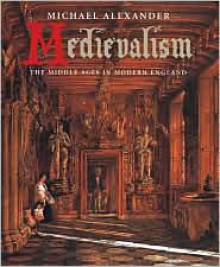
F.Y.I: The book page says the author is someone other than who it is. I'm working to change this.
Middle England won the Costa Book Award and I’ve always really enjoyed their picks in the past. Considering this was as much a family drama as it was a critique of Brexit, I couldn’t wait to start.
Middle England is the third book in the Rotter’s club series, but I haven’t read the other two and I can’t see any need to. I wasn’t confused at any point and found that everything that had happened to the characters previously was well explained.
This worked in alternate chapters, with the main focus being on Colin, a middle-aged author and Sophie, his niece. There were quite a few chapters from the perspective of Colin’s friend, Doug, a left-wing political commentator. In saying this, the novel didn’t really lean towards the left or right, but instead used these perspectives to focus on the problems of Brexit.
The novel takes place over a number of years and the largest focus concerning Brexit was from Doug’s perspective. He has a contact in David Cameron’s (the Prime Minister who called the vote on EU membership) and he meets up with him over the course of several years while he’s immersed in the government. This was quite a humorous relationship and showcased the downfall of Cameron in light of the referendum result.
Sophie, Colin’s niece, meets a man at the beginning of the novel and their relationship is charted throughout. Difficulty arises between them which again highlighted the issues concerning Brexit and how these differences in political opinion can infect relationships.
The novel didn’t have one particular focus, but many threads that ran through it, such as Colin’s relationship with his past love. What held it all together, though, and appeared throughout was Brexit. It was handled gently and wasn’t overstated.
While I enjoyed spending time with the characters, there was no-one I loved. I enjoyed it and its simple exploration of Brexit. A novel that was very timely.

 Log in with Facebook
Log in with Facebook 






